Home Nursing to Regenerate the Town
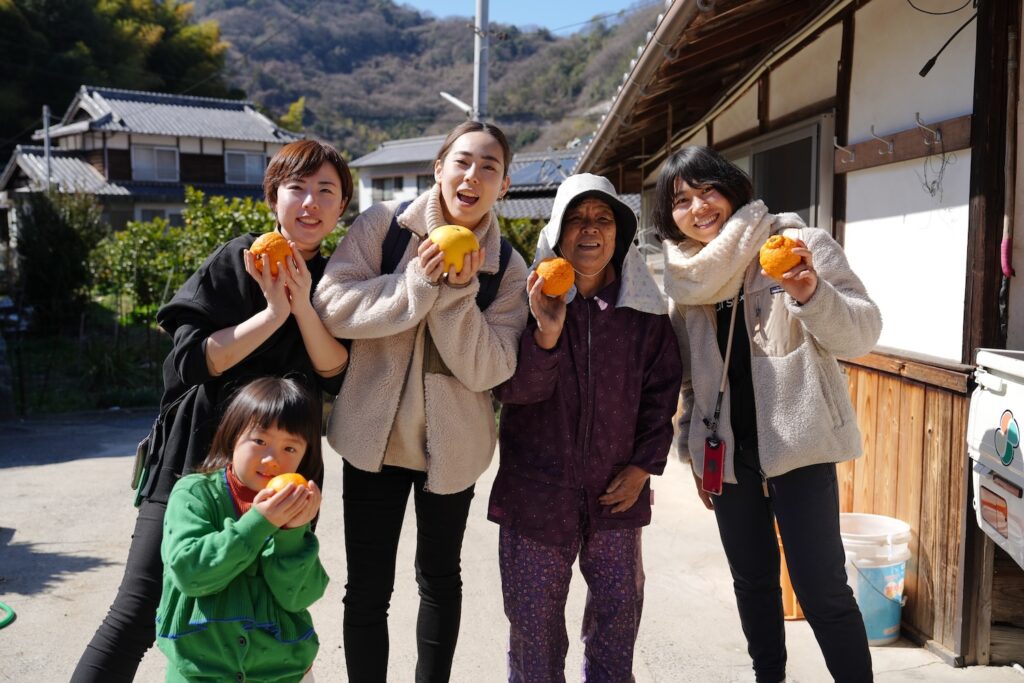
Nurse & Craft addresses aging, rural communities by establishing a home-visit nursing station to provide medical treatment and care at home, taking advantage of telemedicine to access medical doctors on the mainland. They also offer a combination of health monitoring technologies, regular home visits by nurses, and health classes to improve medical literacy and digital literacy among older residents and promote healthier living.
Go Bike Project—Ronda Kalusugan Program
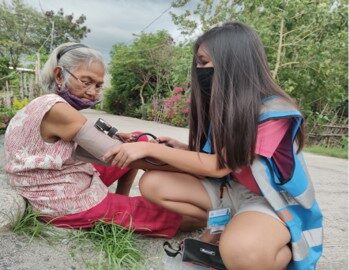
Go Bike trains young volunteers to become community responders—“Go Bikers”—in times of emergencies and disasters, and to conduct regular health monitoring for older people (the Ronda Kalusugan Program), which includes blood pressure and blood sugar monitoring. They use bicycles equipped with first-aid kits, medicine, blood pressure apparatus, random blood sugar checking kits, and disaster response equipment that enables them to help those in their communities.
Ready Senior Project
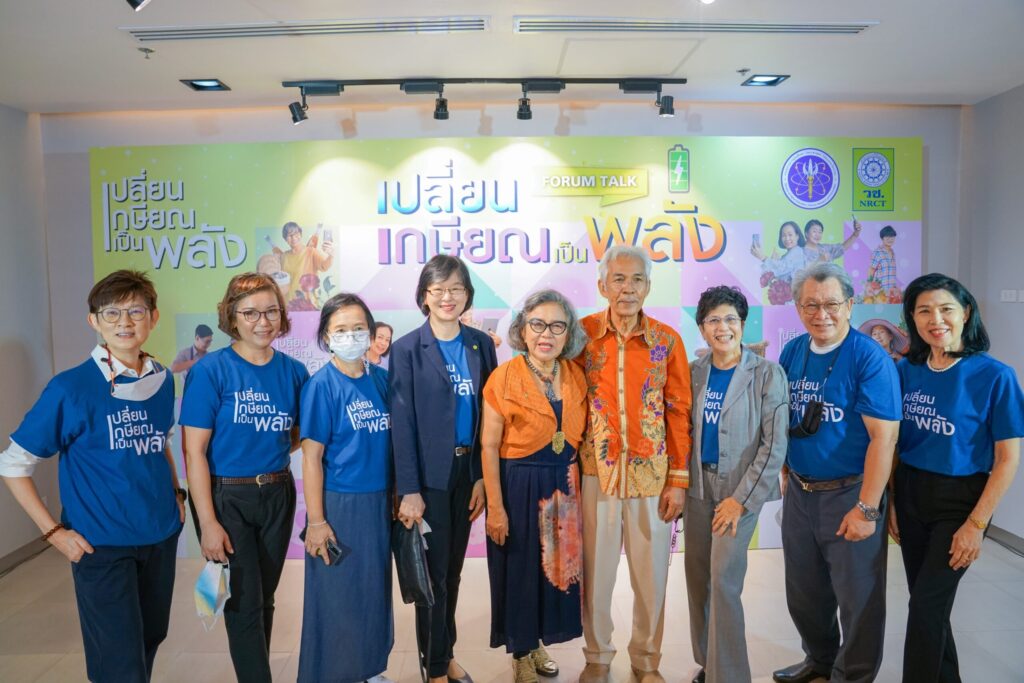
The Ready Senior Project is an online platform that includes a learning space for gaining technology skills as well as health-related and caregiving skills. This university-based project seeks to empower older people to be economically self-reliant, have a good quality of life, and reduce the burden on healthcare systems as Thailand’s population continues to age.
Bangkok Metropolitan Administration Model of Preventive Long-Term Care
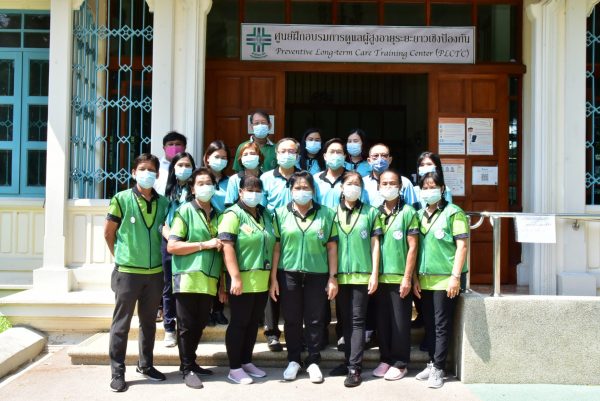
BMA is introducing the concept of preventative long-term care to Thai communities. The program aims to promote physical and mental wellbeing through locomotion training and “cognicise” in almost 70 community sites across Bangkok.
Health Promotion for Elderly in Northeastern Thailand Using Japan’s Self-Sustained Movement (SSM) Program
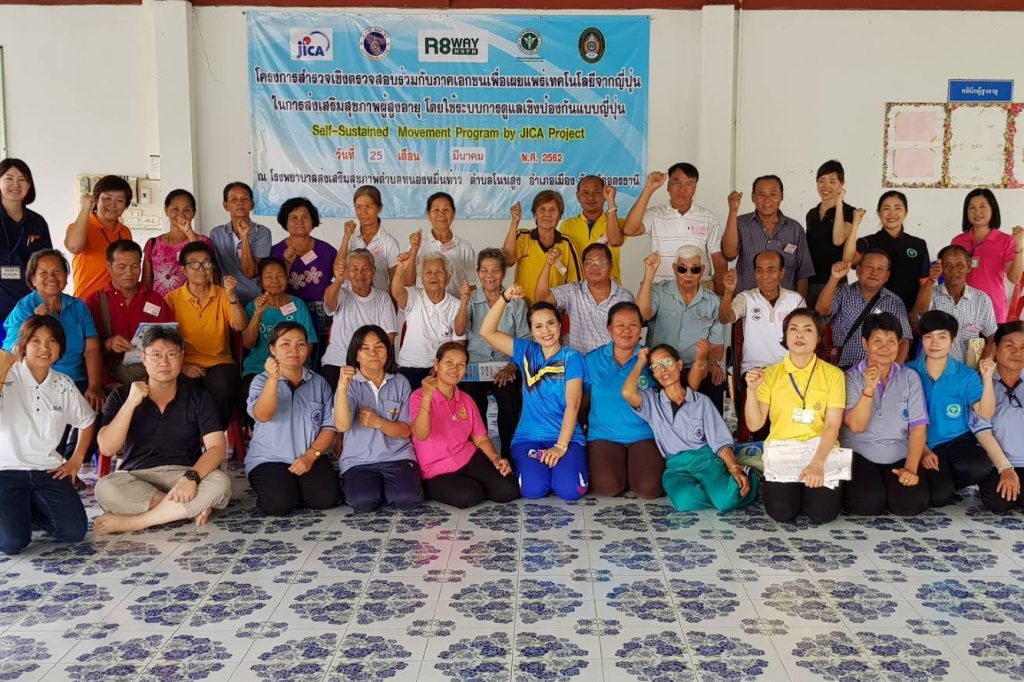
Hatachi Industry has worked in close collaboration with Thai partners to transfer their know-how for a preventative care system that can meet the needs of older Thai people. The program has been particularly effective at identifying and supporting frail older people who may soon require nursing care.
Accompanying the Elderly to Face the COVID-19 Pandemic
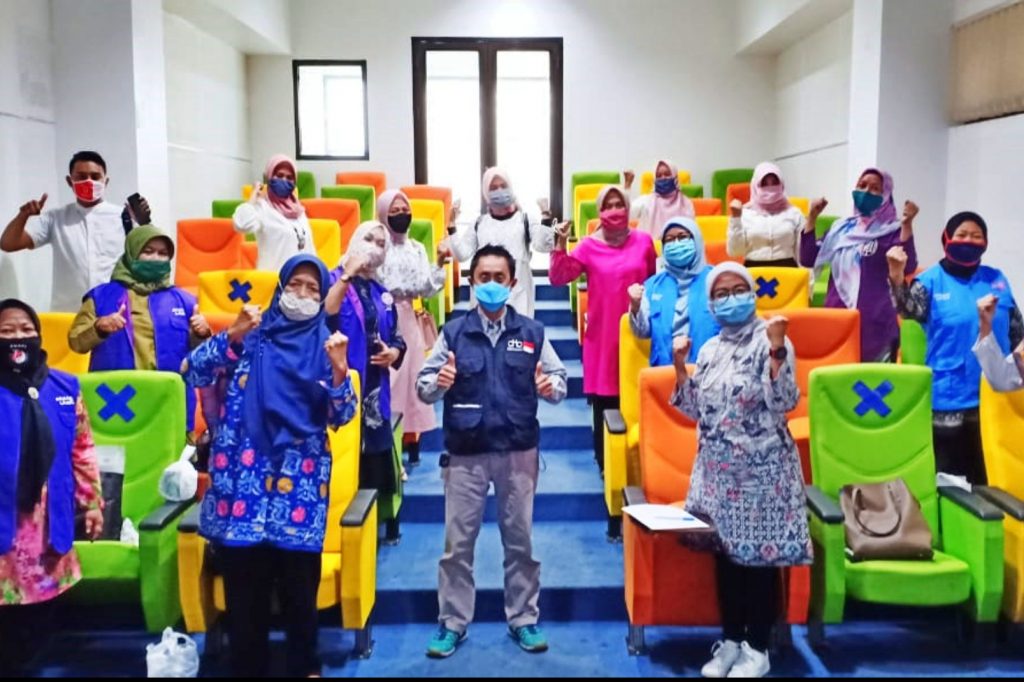
In response to the COVID-19 pandemic, IRL quickly developed a home visit program, which aimed to minimize COVID-10 transmission and meet the biological, psychological, and sociocultural needs of older people.
The Matsudo Project: A New Urban Model for Reducing the Need for Long-Term Care in the Post COVID-19 Era
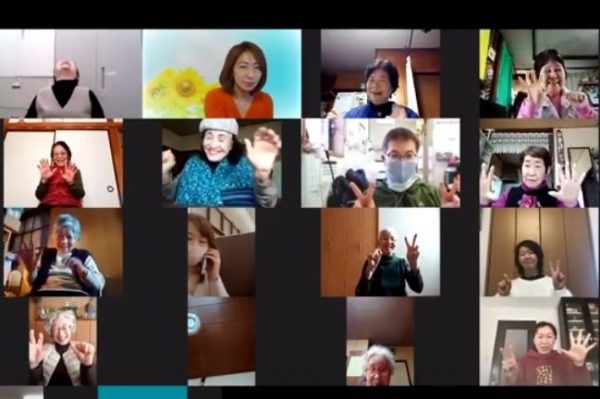
The Matsudo Project offers free online Kayoinoba classes in response to the challenges of its aging population and the COVID-19 pandemic. These classes provide older people with opportunities to connect with each other and across generations and to become more confident to use technology in their everyday lives.
Indonesia Elderly-Friendly Community Program—Community-Based Education for Older Adults and their Caregivers
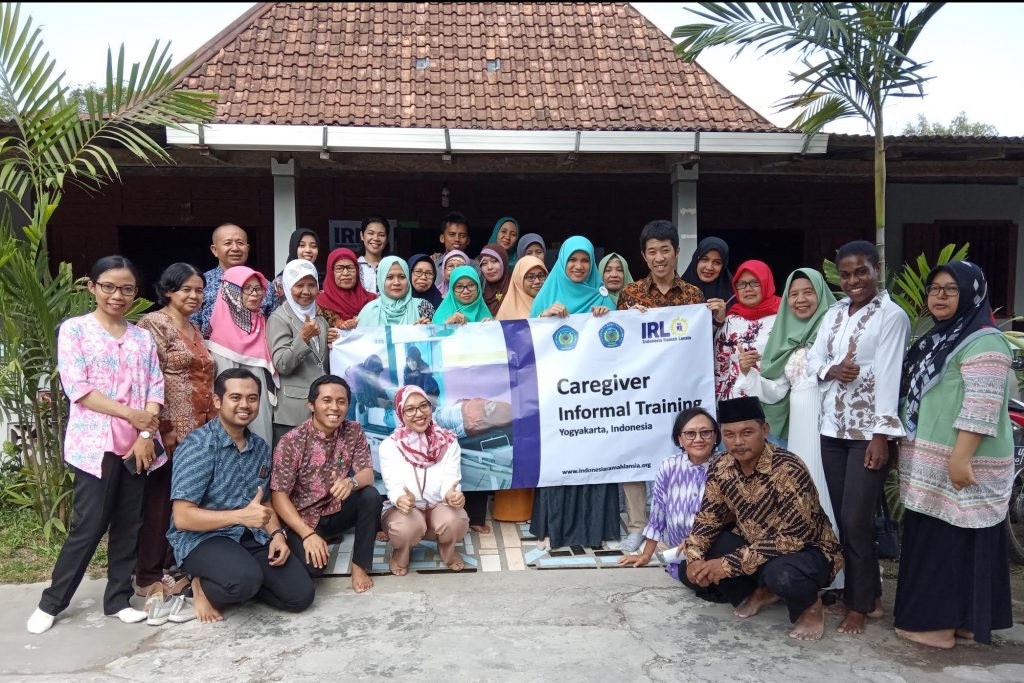
The Indonesia Ramah Lansia (IRL) Foundation has been a leader in developing a range of community-based education programs for both older people and their caregivers with a focus on creating age-friendly communities. Their programs provide older people with the tools they need to live healthy, independent lives.
Preventing Stroke Recurrence through a Hospital–Local Government Partnership to Support Patient Self-Management
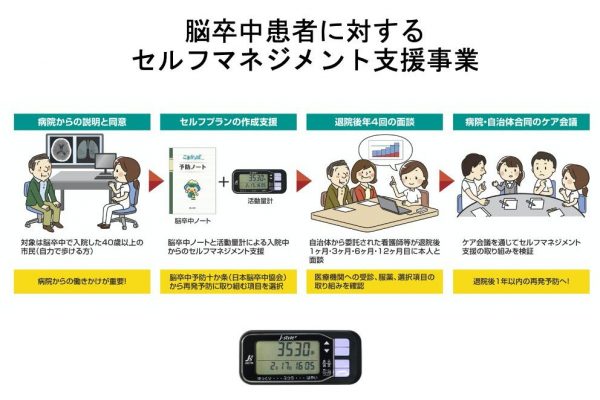
Komagane City, Japan, collaborates with Showa Inan General Hospital to prevent stroke recurrence in older patients. This year-long program starts at hospitalization and includes patient education, self-monitoring, and consultations. By focusing on mild stroke patients, recurrence rates dropped from 8% to 4.8%.
A Community-Based Approach Combining Physical and Mental Exercise to Prevent Dementia
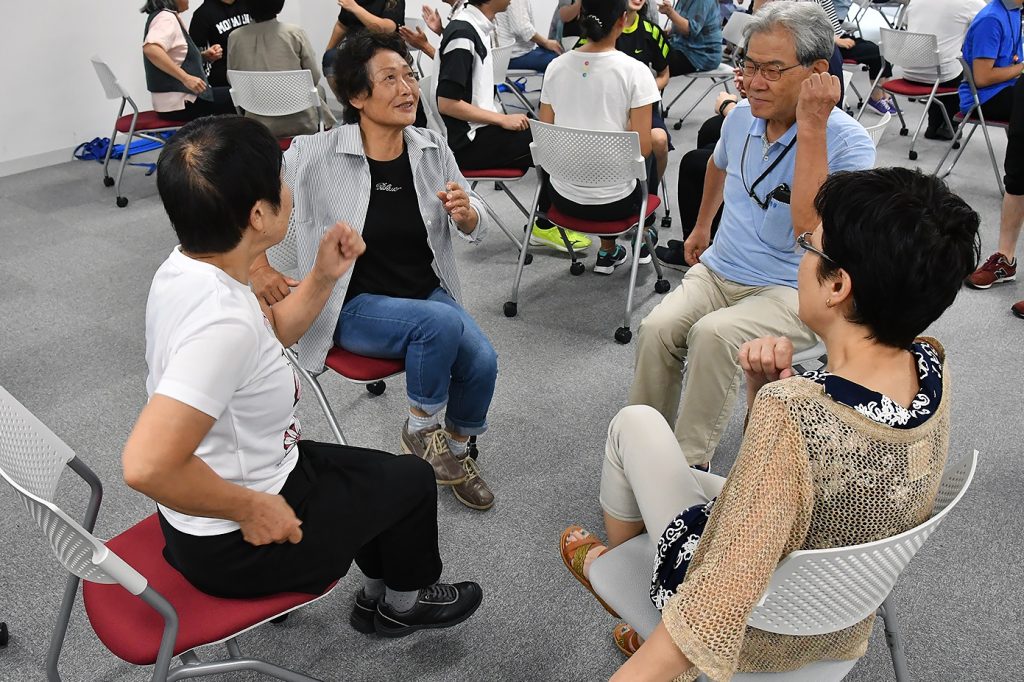
The number of people with dementia in Japan is rapidly increasing as the country’s senior population grows. In 2012, Japan’s National Center for Geriatrics and Gerontology (NCGG) began developing and testing a program called “cognicise,” which combines physical and mental exercise, to prevent the decline of cognitive functions.

